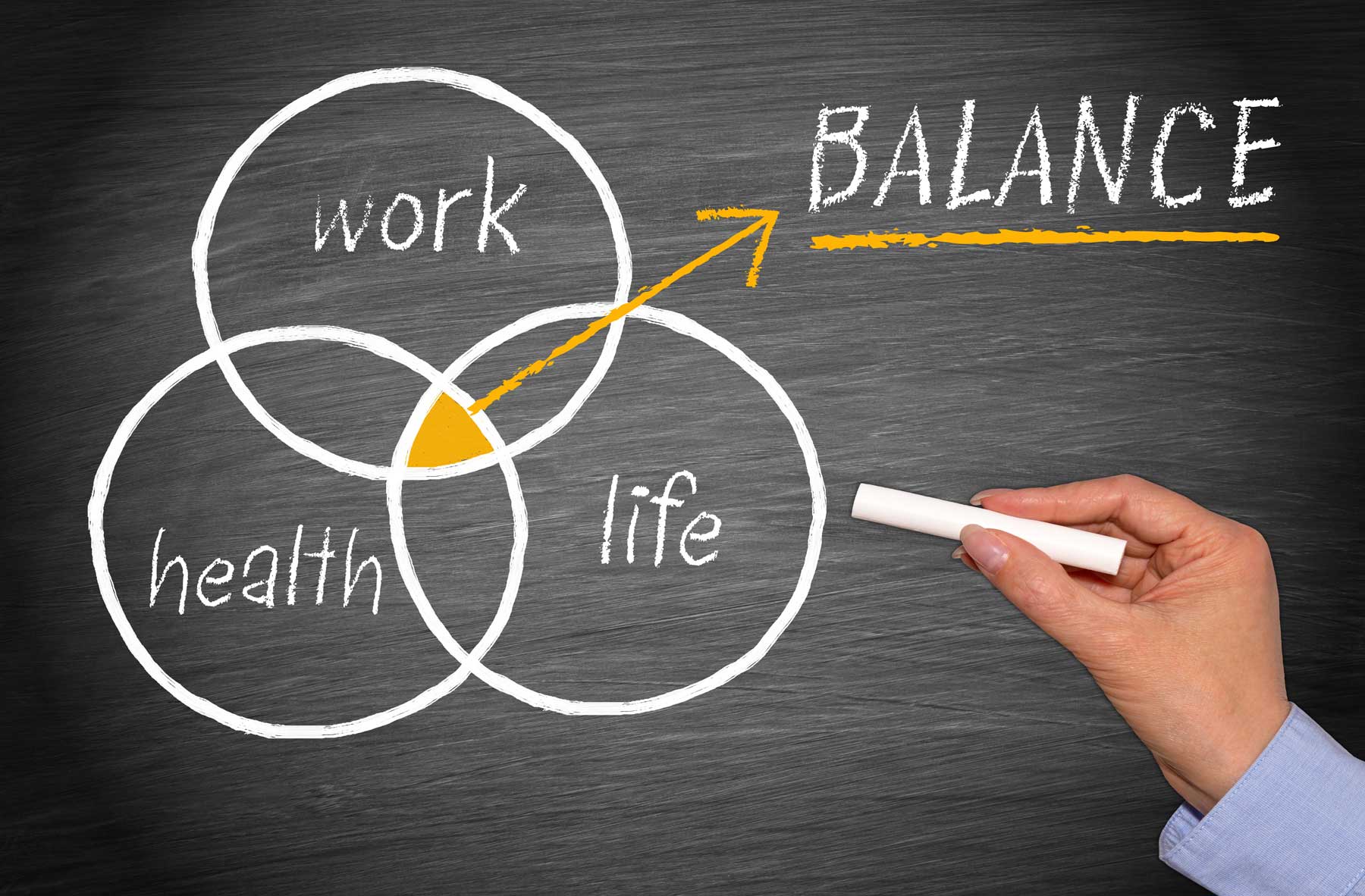As leaders and business owners, we are acutely aware of the mental health and wellbeing of our employees. But who is looking after you?
We shouldn’t underestimate how stressful it’s been lately with the potential loss of business, managing staff, the prospect of a recession and possibilities of redundancies. It’s been a whirlwind of business strategy 101 and then some.
You’ve probably been putting your business first and everything else last and while that’s admirable, it isn’t sustainable.
Perhaps you’re fluctuating between thriving and surviving or worse, struggling yet still holding on?
It will get to the point where something has to give. Let’s make sure that isn’t you!
- Switch off. Even if you can’t afford a day off decide a cut-off time every evening to switch off your phone, walk away from your laptop and leave your work environment whether that’s a shop, factory, office or even the kitchen table. Pack away and give your body and brain a break. While you may feel it’s counterproductive, it will indeed have the opposite effect, and you’ll feel refreshed and ready to start again tomorrow with a little more perspective.
- Walk away. Challenges, disputes and obstacles are commonplace at work. Don’t engage immediately. Walk away, put down the phone or leave the space you’re in and take stock. Being reactive rather than proactive is a symptom of crisis and panic. While no-one could have predicted the impact of Covid-19, it doesn’t mean that you should berate yourself for being unprepared or unprotected. Take a little time to gauge your reaction and ask yourself if it’s measured and constructive.
- Eat and exercise. When we’re stressed, unhappy, and under pressure, we often use food and exercise as an emotional crutch. Some people need to burn off the excess energy and anxiety with exercise while others procrastinate and become a couch potato. Another approach would be to think of food as fuel and exercise and your mental health manager. Healthy eating gives you energy and the ability to concentrate for extended periods, while activity supports your stamina and focus.
- Mindfulness Practice. Being present in the moment helps you to develop inner peace and calm. You don’t need an app. or any equipment to begin; walking is a great way to develop a mindfulness practice as long as you are entirely present for the duration. If you haven’t always got time for a walk, then try a phone app like Headspace. You can trial it for free and access it anytime, anywhere.
- Building and Maintaining Resilience. A word often used to describe our business but rarely ourselves; mental resilience is crucial for good health long-term. Without maintaining it over time, poor mental health can develop into more severe problems which can significantly jeopardise your business and your life.
As the boss, you’re responsible for you; however, you’re also responsible for your employees. If you’re in poor mental health and can no longer function or work then your business and staff will begin to suffer. While this would be disastrous, it is nothing compared to your physical and mental well being.
A shift in your mindset
Think of it as part of your strategic plan to reach your business goals. With the right support, practices and routine management, you can develop and maintain positive long term health and wellbeing. This shift in mindset will help you to build and create long term strategies which you and your employees can utilise to create a resilient business and a resilient you.
For more help and advice visit the ACAS section on mental health resources during Coronavirus.
